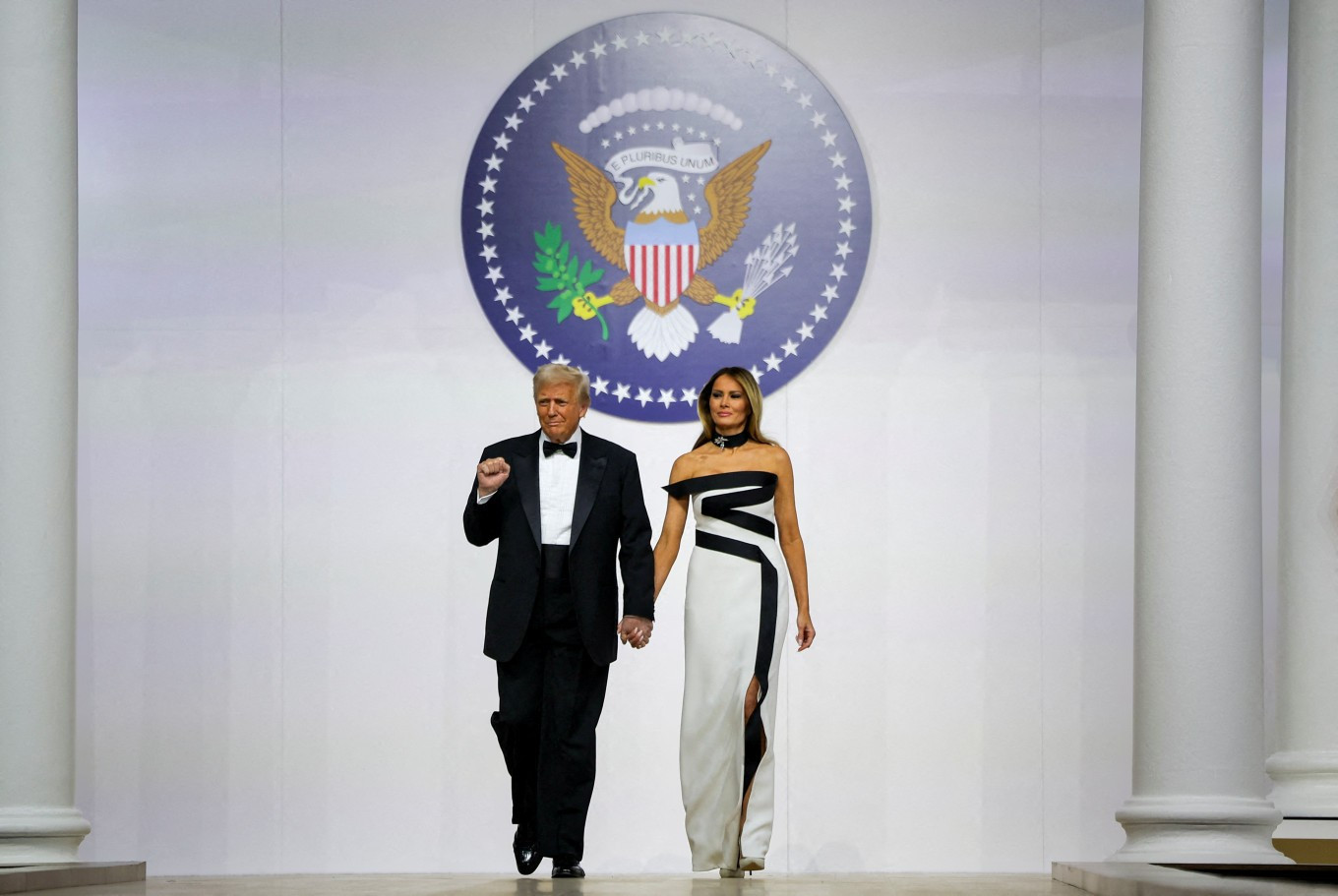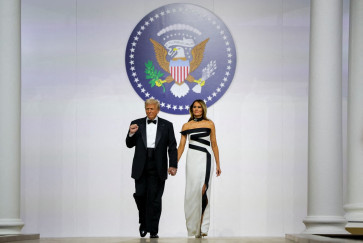Popular Reads
Top Results
Can't find what you're looking for?
View all search resultsPopular Reads
Top Results
Can't find what you're looking for?
View all search resultsAnalysis: Tariff deal puts Indonesia on Trump’s good side, for now
Change text size
Gift Premium Articles
to Anyone
T
he deal on tariffs between Indonesia and the United States, as announced by President Donald Trump last week, has put Indonesia on the good side of Washington, shifting its position in the current big power rivalry away from China, at least momentarily.
For the last decade or so, Indonesia has been widely perceived to be leaning closer to China, some would say too close for comfort, that any shift away now would be welcomed in some quarters who are worried about Jakarta becoming too dependent, certainly economically, on the Asian giant that could undermine its claim to non-alignment.
When President Prabowo Subianto took over the helm in October, he further pushed Jakarta closer to Beijing, first by joining BRICS, an alliance of emerging economies that include China and Russia; and second, by making high-profile visits to Beijing and Moscow. He even had the audacity to turn down an invitation to attend the Group of Seven (G7) summit of Western major powers in Canada as a special guest in June, choosing to visit Russia instead.
In his posting on his Truth Social media on July 16, Trump said that following his phone conversation with Prabowo, the two had struck a “great deal” over tariffs. But now that more details of the agreement have emerged, as provided by the US government, Indonesia may have given away too much.
Responding to critics, Prabowo said he had the national interest in mind, including protecting jobs at home, in the negotiations with Trump. He also said he was safeguarding Indonesia’s non-alignment status by striking the deal.
The deal means Indonesian exports to the US will be subject to a 19 percent tariff while all US exports, which include goods and services, into Indonesia will face zero tariffs. Jakarta has also pledged to remove all non-tariff barriers for US imports and to spend huge sums on US-made planes, agricultural products, and energy.
The agreement followed intensive negotiations going back to April when Trump threatened to impose a 32 percent tariff on all Indonesian exports, the rate which he calculated was necessary to cut the huge trade deficit with Indonesia, estimated at over US$18 billion in 2024.



















